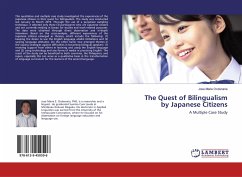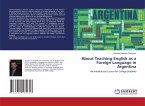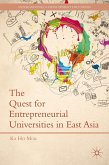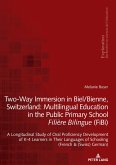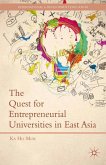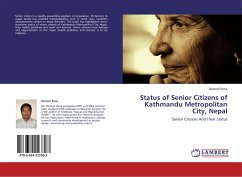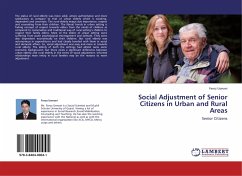This qualitative and multiple case study investigated the experiences of the Japanese citizens in their quest for bilingualism. The study was conducted last January to March 2019. Through the use of a purposive sampling technique, it selected only three (3) participants who are Japanese citizens and are currently residing in Davao for studies and work-related purposes. The data were obtained through direct observation and in-depth interviews. Based on the cross-analysis, different experiences of the Japanese citizens emerged as themes, which include the following: (1) keeping the desire to use the English language amidst limitations and (2) varying language attitudes. On the other hand, two emerged themes in the coping strategies against difficulties in becoming bilingual speakers: (1) receiving support from others in learning and using the English language and (2) using technology and any forms of media in practicing English. The result of the study can be beneficial to both countries, the Philippines, and Japan, especially this can serve as a qualitative basis in the transformation of language curriculum for the learners of the second language.
Bitte wählen Sie Ihr Anliegen aus.
Rechnungen
Retourenschein anfordern
Bestellstatus
Storno

